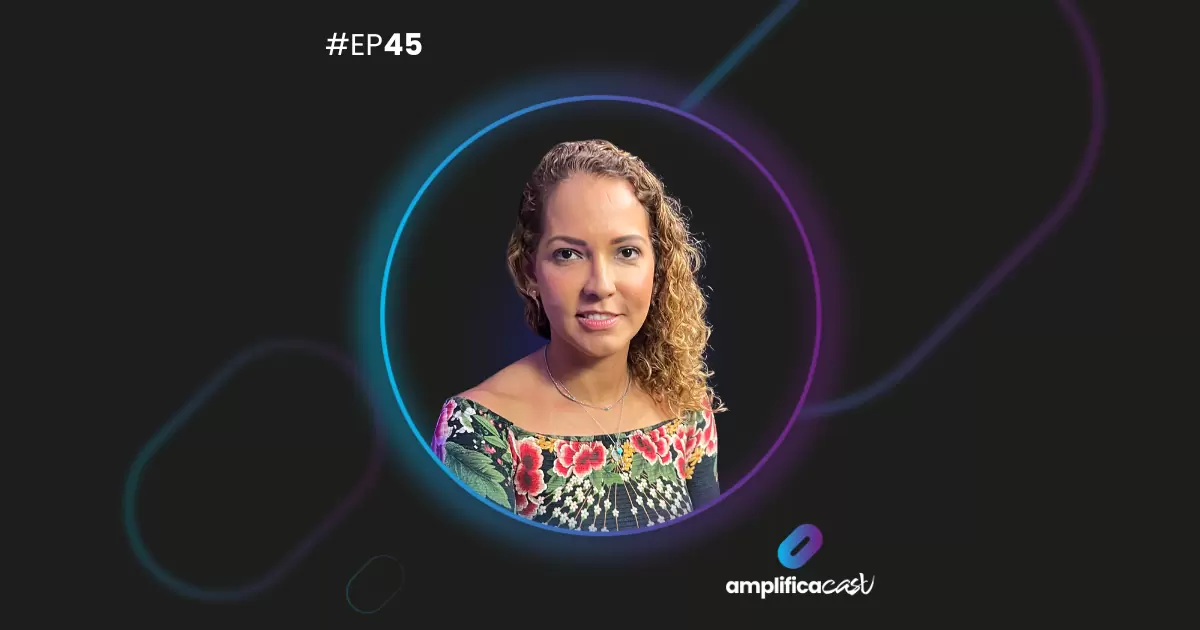One of the biggest difficulties that most autistic children face, is due to school education.
Be it for reasons of developmental delays or even in interaction with other children. Often, the school itself is not sufficiently prepared to deal with this situation. So, researchers developed the “Kiwi”, a robot that assists in the personalized learning of autistic children.
The experiment:
The University of Southern California team did the “socially assisting robot” experiment at the home of 17 autistic children for a month. children were challenged with math games or special themes using a tablet. After the task, the “Kiwi” provided feedback and instructions. When passing the lessons, the difficulties of the tasks were adjusted according to the needs of the child and the robot adjusted through algorithms. To adapt them, the device used machine learning.
After a month of experiment, the robot was 90% accurate in detecting the child's interest. In addition, 92% of the participants had positive advances in social capacity.
A robot capable of assisting and reacting to the behavior of each individual child was one of the main focuses of the study, which is difficult for most robotic systems.
Shomik Jain, lead author of the study, stated: “It is a bidirectional process and this does not happen with today's robotic systems. This study aims to make robots more intelligent. Over time they will understand the child's behavior and respond to it in real time ”. In addition, this method appears to be more efficient than human care. For, among everything it does not depend on places or scheduled times.
Artificial intelligence should not replace treatment with human doctors
In conclusion, Alena Buyx, professor of ethics in medicine and technology, says that "Artificial intelligence methods cannot and should not be used as cheaper substitutes for treatment with human doctors". On the other hand, Kartik Mahajan, co-author of the study agreed, but said that human therapists are not always available or accessible to families.

